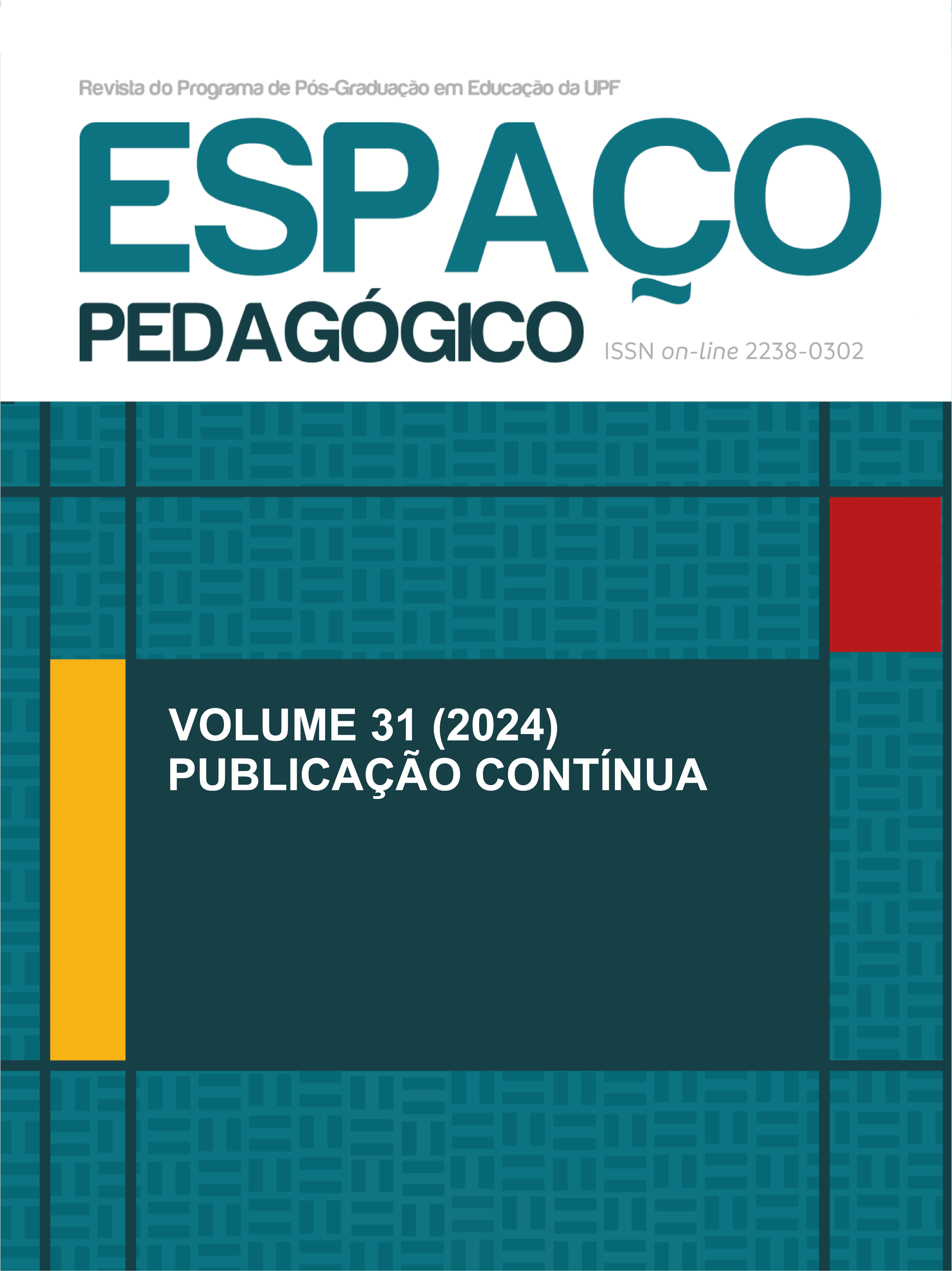The role of fantasmatic narratives in the educational evaluation of Pernambuco:
from 'constitutive lack' to neoliberal transformation
DOI:
https://doi.org/10.5335/rep.v31.15267Keywords:
Poststructuralist Discourse Theory, Educational Policy, Educational Evaluation, Fantasmatic Narratives, IdeologyAbstract
Within the field of educational policies, this article aims to explore the ideological reasons that lead individuals to engage with educational evaluation in Pernambuco, as it is presented in the Public Management Modernization Program - Goals for Education. From the perspective of Laclau and Mouffe's Post-structuralist Discourse Theory, along with Glynos and Howarth's Critical Explanation Logics, the study discusses how standardized educational evaluation in Pernambuco employs fantasmatic narratives, promising transformation and completeness to address the 'constitutive lack.' Discourse Theory allows for critical insights into ideology beyond class struggles and also highlights how the concept of the 'constitutive exterior' relates to identity construction. When analyzing this policy, we infer that modernizing phantasmic narratives prompt rationalization and commitment to the neoliberal standardizing practice; however, they prove incapable of containing unpredictability in the process of subject identification.
Downloads
Downloads
Published
Issue
Section
License

This work is licensed under a Creative Commons Attribution 4.0 International License.



